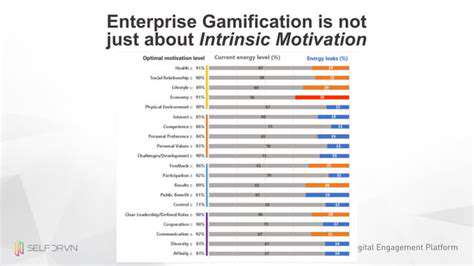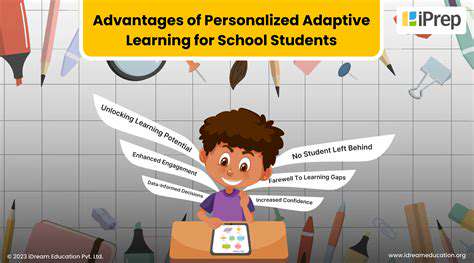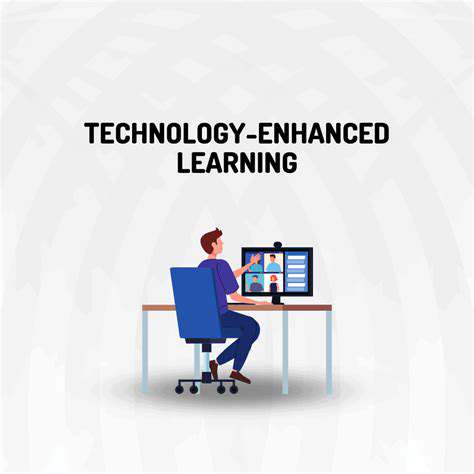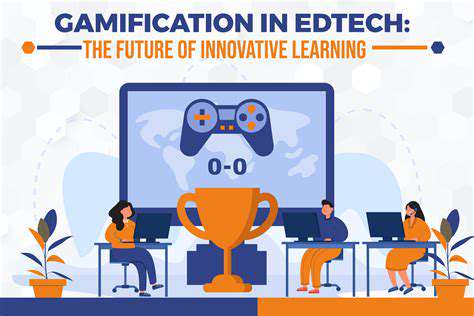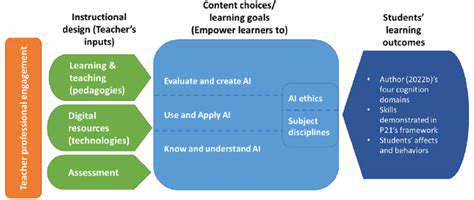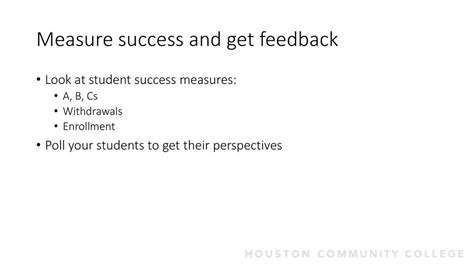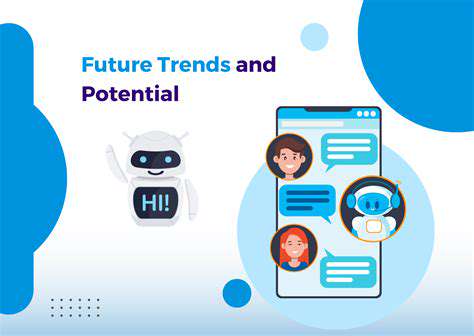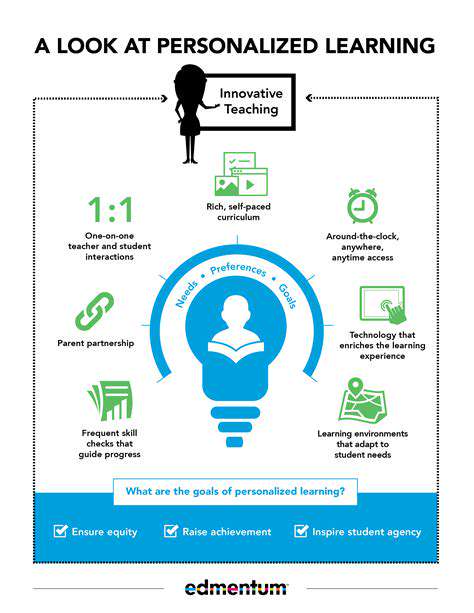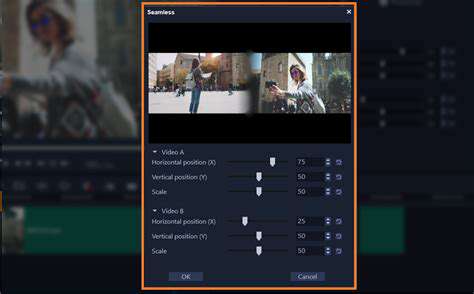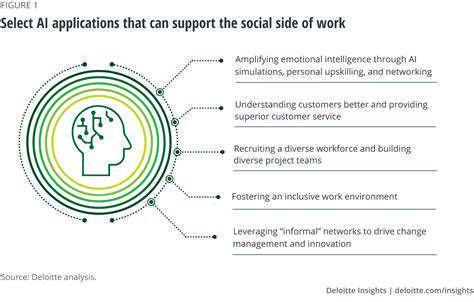The Future of Learning: Gamified and Personalized
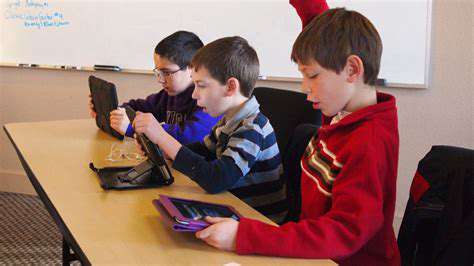
Enhancing Engagement through Points and Badges
Modern educational approaches frequently incorporate points systems and digital badges as motivational tools. These concrete acknowledgments help learners visualize their progress and maintain enthusiasm throughout their educational journey. When students receive instant recognition for their achievements, it creates a powerful psychological incentive to persist with their studies. This approach has proven particularly effective in online learning environments where traditional classroom motivation might be lacking.
A well-designed points system gives learners continuous visual feedback about their performance trajectory. Digital badges serve as meaningful milestones, representing skill acquisition or module completion. These psychological rewards tap into fundamental human desires for achievement and status.
Creating Challenges and Competitions
Educational designers have discovered that incorporating structured challenges into learning platforms can dramatically increase student participation. When implemented thoughtfully, competitive elements create beneficial peer dynamics while pushing learners to expand their capabilities. This approach transforms passive learning into an active, engaging process where students naturally push themselves to excel.
Effective challenges might involve timed knowledge demonstrations, practical application tasks, or collaborative problem-solving scenarios. The most successful implementations carefully align with curriculum goals while allowing for creative approaches from participants. Such activities often lead to unexpected benefits like spontaneous peer teaching and knowledge sharing.
Leveraging Leaderboards for Motivation
Visual performance displays, when used appropriately, can serve as powerful motivators in educational settings. Many learners respond positively to seeing their progress relative to peers, provided the system emphasizes growth over fixed rankings. When implemented with sensitivity, these tools can help students develop healthy competitive attitudes while tracking their improvement over time.
Educators must consider individual differences when implementing ranking systems. The most effective implementations emphasize personal progress rather than creating anxiety about relative position. This requires careful design to ensure the tool motivates without discouraging learners who progress at different rates.
Personalized Learning Experiences
Modern educational technology allows for remarkable customization of learning experiences. By analyzing individual progress patterns and preferences, systems can adapt game mechanics to suit different learning styles. This personalization significantly increases engagement by making the learning process feel specifically relevant to each participant.
Building Immersive Learning Environments
Advanced educational platforms now create remarkably engaging simulated environments for learning. These digital spaces transform abstract concepts into tangible experiences through interactive scenarios. When combined with narrative elements and practical applications, these environments create lasting impressions that enhance information retention. Students often report better recall when concepts are learned through immersive experiences rather than passive study.
Utilizing Rewards and Feedback Mechanisms
Effective educational systems incorporate sophisticated feedback loops to maintain learner motivation. Recognition can take various forms, from virtual achievements to meaningful real-world benefits, all designed to reinforce positive learning behaviors. Detailed, timely feedback helps learners identify specific areas for improvement while celebrating their progress. This dual approach creates a supportive environment that encourages continuous engagement and skill development.
Beyond the Classroom: Learning in the Digital Age
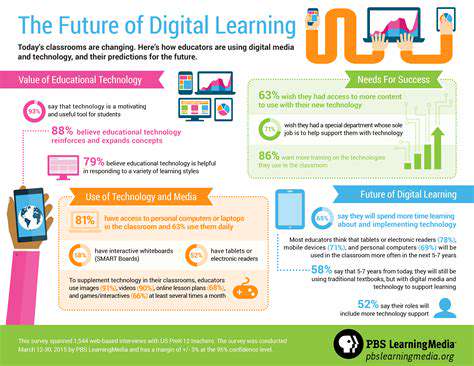
Beyond the Classroom: Experiential Learning
Contemporary education increasingly values learning through direct experience, moving beyond textbook-based instruction. This approach creates powerful cognitive connections by grounding abstract theories in practical applications, allowing learners to engage with material in personally meaningful contexts. Such experiences might include hands-on projects, community collaborations, or simulated professional scenarios that provide authentic learning opportunities.
Experiential methods facilitate deeper understanding by requiring active engagement with subject matter. Students develop practical competencies naturally as they navigate challenges and solve problems in realistic contexts. This method proves particularly effective for developing the adaptive skills needed in modern professional environments.
Cultivating Critical Thinking and Problem-Solving
The ability to analyze information critically represents one of the most valuable skills in contemporary education. Experiential learning environments naturally foster these capacities by presenting students with complex, open-ended challenges. As learners navigate these scenarios, they develop sophisticated analytical frameworks and learn to evaluate multiple perspectives before reaching conclusions.
These learning experiences often involve unexpected complications that require creative solutions. Through this process, students develop resilience and adaptability—qualities that serve them well beyond academic contexts. The iterative nature of experiential learning helps students refine their approaches through practical feedback.
Nurturing Creativity and Innovation
Modern educational approaches increasingly recognize the value of creative problem-solving. By engaging in hands-on projects and collaborative challenges, students develop the confidence to explore unconventional solutions. These experiences help learners discover their innovative potential while developing practical skills for addressing real-world challenges.
The most effective programs create safe environments for experimentation and calculated risk-taking. As students encounter diverse perspectives and unexpected challenges, they learn to combine knowledge from different domains to create novel solutions. This skill set becomes increasingly valuable in our rapidly evolving global economy.
The Future of Assessment: Measuring Progress in a New Era
The Rise of Adaptive Assessments
Modern assessment technologies now dynamically adjust to individual learner responses, creating personalized evaluation experiences. These intelligent systems provide far more nuanced insights into student understanding than traditional standardized tests. By responding to each answer in real-time, they create a customized assessment path that accurately identifies both strengths and areas needing improvement.
Embracing Technology for Enhanced Feedback
Digital assessment platforms now provide educators with powerful tools for monitoring student progress. These systems generate immediate, detailed feedback that helps instructors tailor their teaching approaches. The resulting data also helps identify learning patterns that might otherwise go unnoticed in traditional classroom settings.
The Importance of Authentic Assessment
Contemporary evaluation methods increasingly emphasize practical application over rote memorization. Performance-based assessments might include complex projects, professional simulations, or portfolio reviews that demonstrate comprehensive understanding. These methods provide a more complete picture of student capabilities than traditional testing formats.
The Role of Data in Personalized Learning Paths
Sophisticated data analysis now enables truly individualized learning experiences. By aggregating information from multiple assessment types, educators can design customized learning trajectories for each student. This approach maximizes educational efficiency by focusing attention where it's most needed.
Beyond Standardized Testing: A Multifaceted Approach
Forward-thinking institutions now employ diverse evaluation methods to capture the full spectrum of student abilities. This might include self-evaluations, peer reviews, practical demonstrations, and longitudinal performance tracking. The resulting comprehensive profiles provide far richer insights than traditional grading systems.
The Impact on Teacher Training and Professional Development
These assessment innovations require corresponding evolution in educator preparation. Modern professional development now emphasizes data interpretation, personalized instruction strategies, and the effective use of digital assessment tools. This training ensures teachers can fully leverage new technologies to benefit their students.
Fostering a Growth Mindset Through Assessment
Contemporary assessment philosophy increasingly emphasizes learning processes over fixed outcomes. By framing evaluations as opportunities for growth rather than judgments of ability, educators can help students develop resilience and persistence. This mindset proves particularly valuable in preparing learners for the challenges of lifelong learning.
Read more about The Future of Learning: Gamified and Personalized
Hot Recommendations
- The Gamified Parent Teacher Conference: Engaging Stakeholders
- Gamification in Education: Making Learning Irresistibly Fun
- The Future of School Libraries: AI for Personalized Recommendations
- EdTech and the Future of Creative Industries
- Empowering Student Choice: The Core of Personalized Learning
- Building Community in a Hybrid Learning Setting
- VR for Special Education: Tailored Immersive Experiences
- Measuring the True Value of EdTech: Beyond Adoption Rates
- Addressing Digital Divide in AI Educational Access
- Preparing the Workforce for AI Integration in Their Careers
